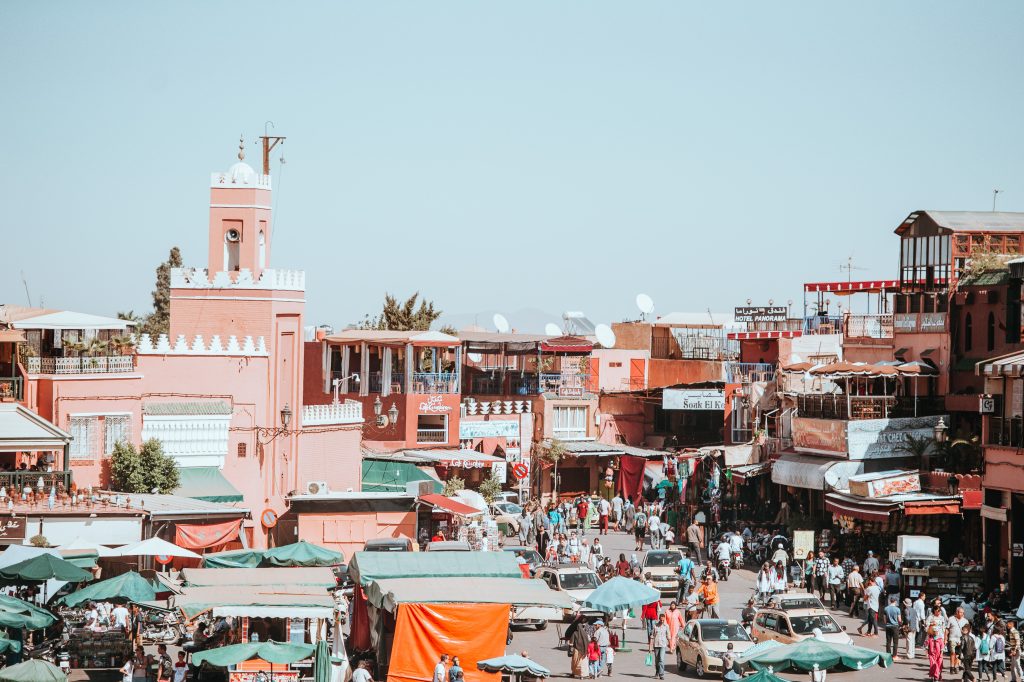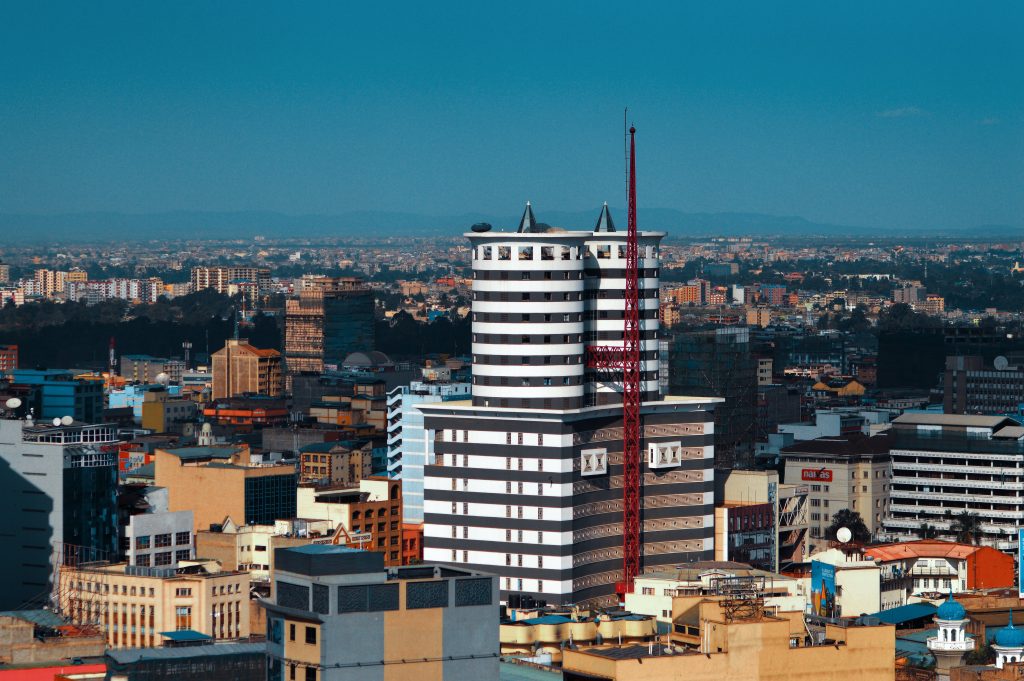A warm welcome to 2024! As we begin yet another remarkable year, it’s a moment for us to reflect on the distinctive characteristics of the businesses that placed their trust in our services throughout 2023. To offer a fascinating insight into our customer base, we’ve taken the opportunity to categorise them.
Join us as we explore the diverse and prevalent categories of clients that ETK Group had the privilege to collaborate with in 2023.
1) Enterprise Catalysts for Growth (ECG)
These risk-takers are major contributors to economic growth in Sub-Saharan Africa. They are energetic business owners with a strong desire to succeed. They have strong managerial and ownership control over a huge portion of African enterprises and are responsible for an estimated 80% of jobs on the continent. Despite the continent’s current economic predicament, this set of clients continues to strive for the top. Their business goal is to become more structured and to develop their businesses into scalable African enterprises. They ensure that their teams have the appropriate competencies across a range of functional areas with our bespoke organisational transformation and capacity-building solution for African MSMEs.
2) The Market Frontier Navigators (MFN)
This clientele consists of daring risk-takers who have had success in other markets or have gotten it right with their products and services on other continents. They, like the three wise men, have heard of Africa’s immense potential and are eager to capitalise on it. However, they are hampered by a lack of advice and knowledge about African markets. They frequently come to us for guidance on how to strategically marshal each market on the continent. Our team of professionals assists them through the market entry process, giving assistance, insights, and research to ensure their success on the continent.
3) The Impact Development Partners (IDP)
This group of clients is less concerned with profit and more concerned with the well-being of their host communities. Non-profit companies, development institutes, foundations, and charities are looking for highly qualified individuals to implement, manage, and oversee their projects in Africa. They are looking for progress partners who might be their third eye on their impact projects in Africa. Our team of Africa-based consultants got to work, providing monitoring, evaluation, and reporting services to maximise the success of their impact investments in Africa through our project management and implementation services.
4) The Global Expansion Pioneers (GEP)
These are resilient enterprises that weathered the storm, mastered the skill of doing business in a specific African country’s market, and gathered sufficient expertise to establish, maintain, and expand their operations in the dynamic marketplace of the continent. They embody the potential to drive economic advancement and make meaningful contributions to Africa. These clients face the challenge of extending their thriving local operations to new markets within Africa or across other continents. They’ve successfully ventured into markets not only in Africa but also in the United Kingdom, Europe, and various other continents by leveraging our state-of-the-art market expansion solutions, and they are eager to explore additional markets.
5) The Enterprise Stewards for Global Success (ESGS)
These customers come to us for long-term, in-person management of their enterprises. These clients are MSMEs, family-run businesses in a range of sectors, who have worked hard to manage and scale to a desirable level within Africa’s difficult business climate, attain their full potential, and attract investors. These companies have achieved success and sustainability by investing sweat, equity, and personal finances to ensure that they not only survive but thrive. However, for various reasons, they must ‘japa’ to other regions of the world but do not want to abandon their businesses. These clients are confident in the viability of their enterprises but are unsure who to turn to. We ensure the stability, success, and security of their businesses throughout their extended absences by providing managed business services. We collaborate with them to provide additional layers of management to ensure that these enterprises’ high standards are maintained throughout their ‘staycation’ abroad. This enables them to continue focusing on providing outstanding service to their clients and consumers while remaining profitable.
As experts in assisting businesses to expand and scale, we are committed to delivering a variety of business support services aimed at assisting Africa-focused businesses and organisations to achieve their objectives. Whether it’s entering a new African market, expanding into other African markets, strengthening institutional capacities, providing trade support services, or managing environmental, social, and governance (ESG) activities in Africa, our services have been proven to help our clients achieve their goals.
Regardless of where your company is on the growth curve, ETK can provide insights to guarantee that your targets and goals are met.
Ready to increase your business success in Africa? Let our expert consulting services be the catalyst for your success. Contact us today, and let’s embark on a journey of innovation, growth, and unparalleled achievements together in 2024.





